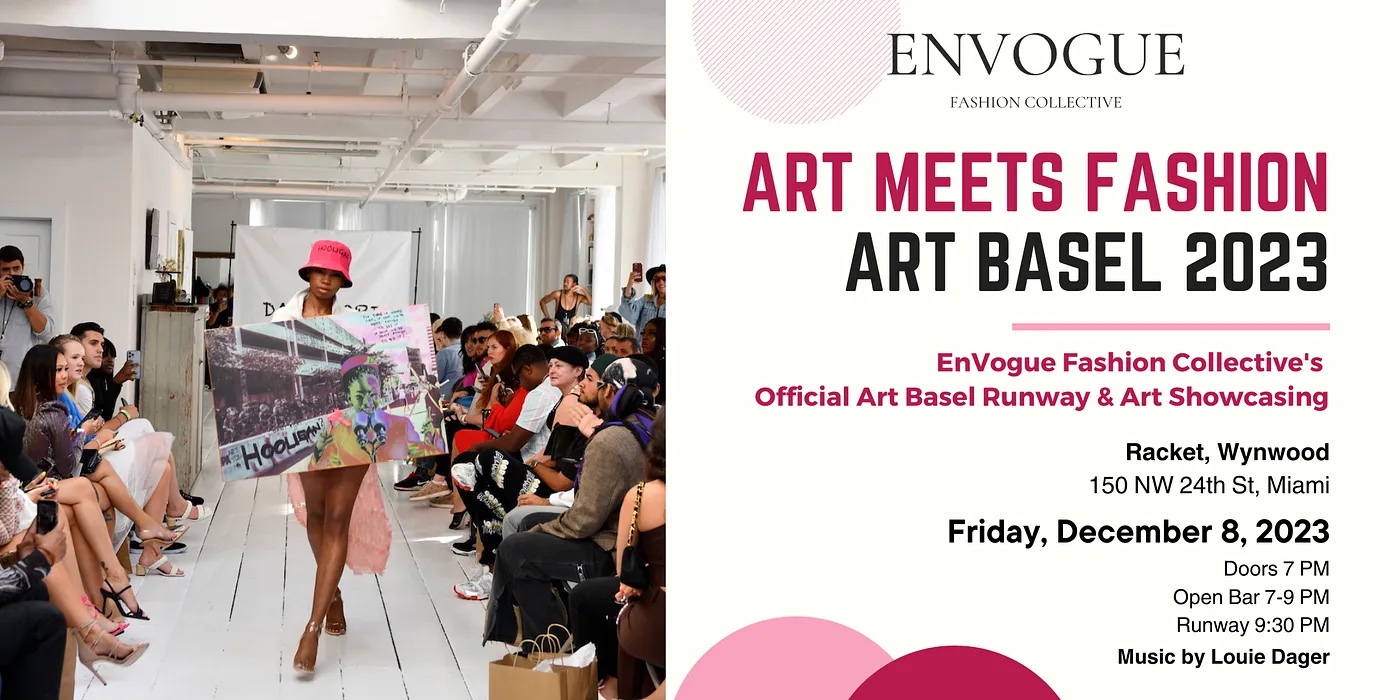

BREAKING: Shein in Legal Hot Water AGAIN Over Copyright Infringement Claims

Amanda Mirus
Managing Director & Editor
Oct 17, 2023
Fast fashion retailer Shein is once again under legal scrutiny, this time due to a new complaint of copyright infringement, adding another chapter to the brand’s ongoing legal battles over intellectual property rights.
According to recent court documents, an individual named Luke Kim has filed a lawsuit against Shein, alleging that the fashion giant maliciously used a two-dimensional textile design he owns without permission. This design, originally created by artist Hae Jee in 2018 and later copyrighted by Kim, has reportedly been used across a variety of products on Shein’s platform, spanning categories such as tops, bottoms, and dresses, encompassing a total of 28 SKUs.
The lawsuit, lodged on October 2 in the United States Central District of California, is not an isolated event. Rather, it’s the latest in a series of similar accusations against Shein.
Earlier this year, the company faced a Racketeer Influenced and Corrupt Organization Act (RICO) complaint from three independent designers. They accused Shein of intellectual property theft, facilitated, as they claim, by the company’s complex and opaque corporate structure, designed to avoid blame.
Additionally, Shein’s history of legal tussles extends beyond individuals and small groups. The company has been embroiled in intellectual property disputes with industry counterparts, including a notable case with fast fashion competitor H&M in Hong Kong. In an interesting twist, Shein has also been on the offensive, pursuing legal action against rival Temu for alleged infringements of its own trademarks and copyrights.
One significant aspect of Kim’s complaint is its extensiveness: it doesn’t solely target Shein. The lawsuit also encompasses between one and ten “Doe” defendants — a term used to refer to parties whose identities are not yet known. This implies that there could be further revelations and potential defendants as the case unfolds.
These recurring legal issues spotlight the broader challenges within the fast fashion industry, particularly concerning the rapid reproduction of designs and the blurring lines of design ownership. Which has been a notorious problem within the fashion industry for many years. The industry’s competitive nature, characterized by the constant turnaround of new styles and the race to meet consumer demand at immediate speed, can lead to corners being cut — and laws being broken.
For Shein, a company that has quickly ascended to prominence in the fashion e-commerce world, these lawsuits could represent a significant threat. Not only do they carry the risk of financial penalties, but they also blemish the brand’s reputation (even more than it already has), potentially losing trust among consumers and partners.
As the case progresses, industry stakeholders and consumers alike will be watching closely. The outcomes of such lawsuits could have wide-ranging implications, setting examples that shape the approaches fast fashion brands take toward design sourcing and copyright compliance in the future.
From my research, Shein has declined to comment on the matter.
How do you think these new legal claims will affect the Shein brand?
Do you think this will influence the way consumers spend? Will consumers be more cautious where they spend their money?
Will things ever change in the fashion industry?
What are your thoughts?

Amanda Mirus
Managing Director & Editor

